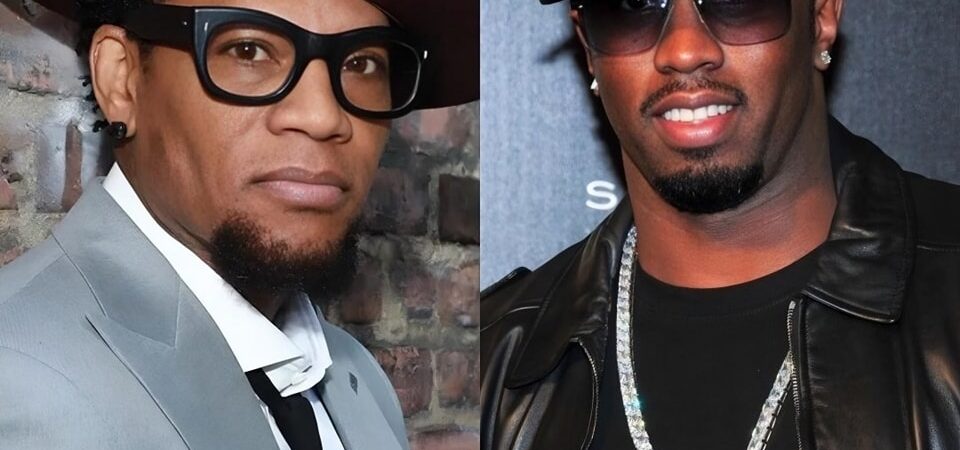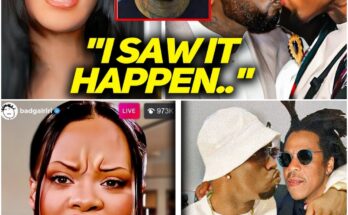DL Hughley was recently back on Vlad TV, and in their conversation, they delved into a hot topic surrounding allegations against Sean “Diddy” Combs. Hughley, known for his sharp wit, discussed the serious accusations involving Diddy, and while maintaining the stance that everyone is innocent until proven guilty, he expressed how troubling the stories are.

Cassie, a former girlfriend of Diddy, filed a $30 million lawsuit accusing him of various abusive actions, including coercion, physical abuse, and even manipulation involving sexual encounters with others. Although Diddy’s legal team immediately dismissed the claims as extortion, the settlement reached within 24 hours raised eyebrows.
Hughley noted that settlements don’t always equate to an admission of guilt but acknowledged how unusual it was to settle so quickly, implying that more damaging information might have surfaced had the case progressed.
Further in the interview, Hughley shared how multiple people close to Diddy came forward with corroborating stories. He criticized those who, if these acts were witnessed, stood by silently for years.
Hughley compared the public’s reaction to similar scandals in Hollywood, drawing parallels to how accusations build and eventually lead to documentaries or major interviews that sway public opinion. He underscored the importance of waiting for all facts to come to light before passing judgment, despite the unsettling nature of the allegations.
The conversation touched on how other figures, including Harvey Weinstein and R. Kelly, were once untouchable, but in today’s #MeToo era, such accusations have far greater weight. Hughley and Vlad also discussed how the culture around these powerful figures allowed harmful behavior to go unchecked for years, and how some participants now feel guilty or uncomfortable with what they once accepted as normal.
Despite the gravity of these accusations, Hughley remains skeptical of those who stayed silent while benefiting from Diddy’s wealth, only to come forward after the fact. He stressed that while everyone has the right to tell their story, credibility is key, especially when you’ve benefited from someone’s largesse for years.
In conclusion, the conversation served as a deep dive into the complexities of power, abuse, and the social dynamics that allow such behavior to persist, with Hughley leaving room for both empathy and skepticism in the face of serious allegations.



